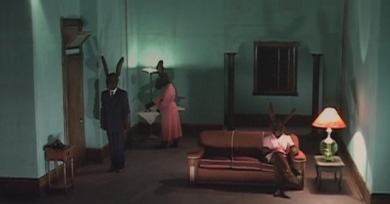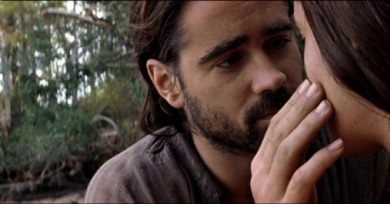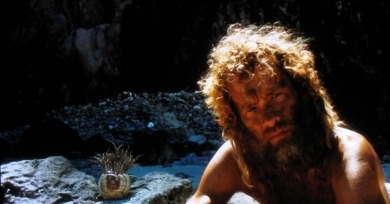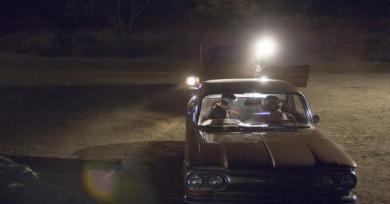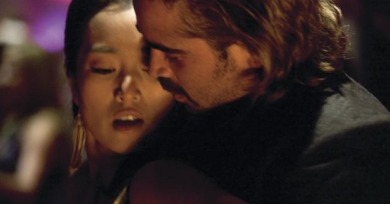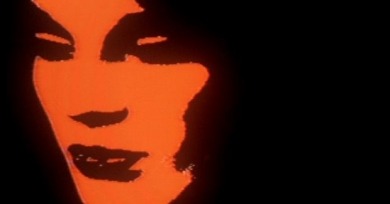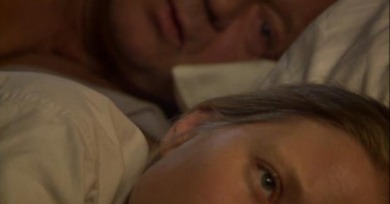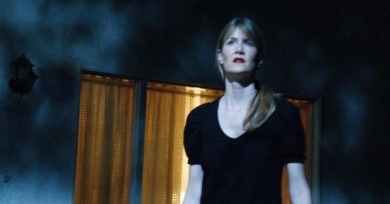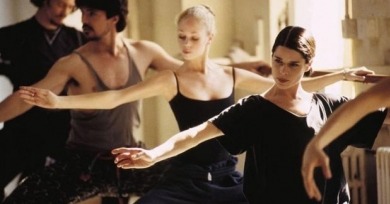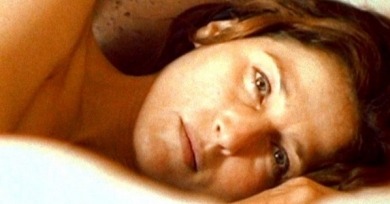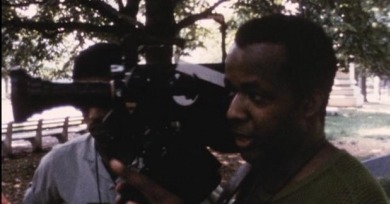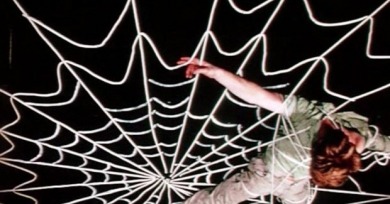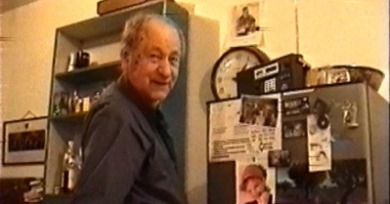The New World: Reverse Shot Goes Digital
Why has a journal born five years ago on the cusp of digital explosion, such as Reverse Shot, only treaded lightly here until now?
To set a movie like Days of Heaven next to something like The New World is to compare two films that have been assembled with completely different technologies.
As of right now motion capture requires the presence of physicality before erasing all but the barest trace.
In ten years time, we may well look back at Zodiac as a landmark evolution in shooting (in) the dark—a problem that cinematographers have never adequately solved.
Mann consistently structures films around rather simple, binary relationships (between characters) designed to explore what separates men, where to locate right and wrong, up and down—and their inevitable overlap.
Gorging on cinema, we’re continually beset by a sense of loss, warily eyeing each new technological bogeyman as if it heralded the end of the purity we’ve imagined for ourselves.
The high-resolution digital images of Bergman’s actors have a certain facticity that makes them seem more vivid than they had ever been.
David Lynch's films often dimly hint at the clandestine powers that control things: networks of organized crime, pornography rings, supernatural bureaucracies that hold sway from behind curtains or inside shadowy, Mabuse-like glass chambers and anterooms.
Two-thirds (60 minutes) black-and-white 16mm, one third (30 minutes) color DV, it is an anxious, searching work, obsessing over the past while negotiating a resourceful, tenuous present.
The 2003 film is modesty itself, not allowing its own art to take the spotlight off the Joffrey Ballet dancers who are, after all, the story and spectacle.
What’s different in Soderbergh’s digital work, and especially in Full Frontal, what gives it that distinctive quality of exposure, is that his characters’ self-examination is directed only toward deeper self-examination, and not necessarily toward a particular narrative end.
The effectiveness of Take One is unthinkable without film itself: the audacity of the effects (split-screen images, little visual riffs in which the picture is contained in alternately enlarging and shrinking boxes) inextricable from the weight and burden of the equipment.
Seen from the peanut gallery of non-Hollywood film history, today's "film versus digital" debate is more of a put-on than a sea change.
Hardly an exacting cinematographer, Mekas benefits from the adaptability of the digital format, which he has implemented in his work since the late Eighties.
